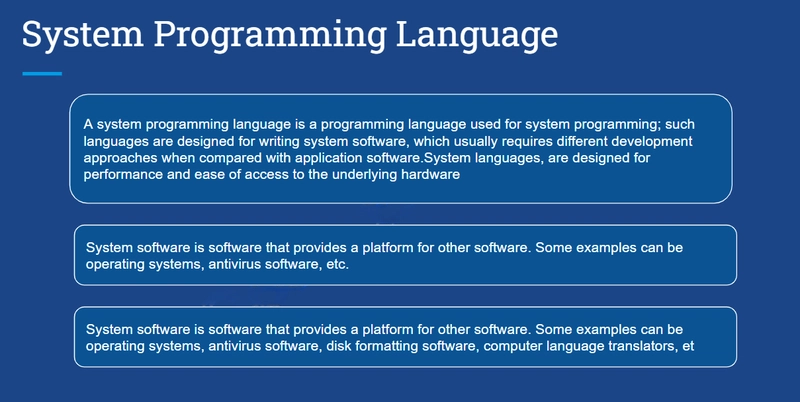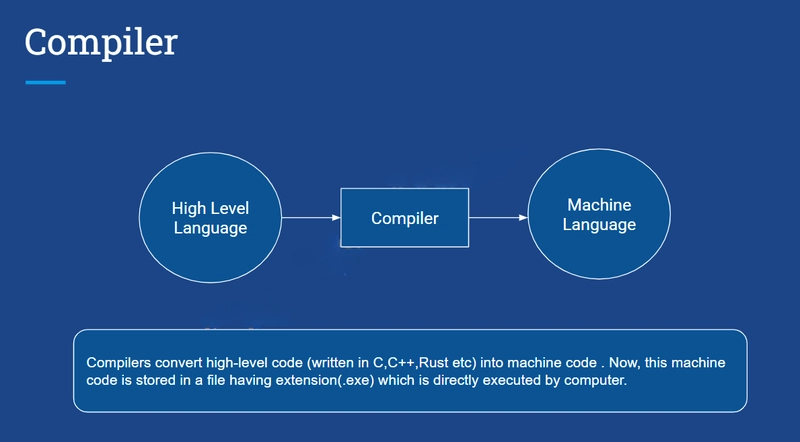Why Rust is the Future of System Programming
Rust is a statically typed programming language designed for system-level programming, making it ideal for building operating systems, game engines, web browsers, and network services. It stands out because of its strict rules that prevent errors and ensure safe memory management, which is critical for high-performance software. What Makes Rust Special? Safety First: Rust eliminates common bugs like null pointer dereferencing and data races, ensuring your code is reliable. Performance: Rust delivers speed comparable to C and C++, making it perfect for resource-intensive applications. Modern Features: With features like ownership and borrowing, Rust simplifies memory management without compromising efficiency. Naming Conventions in Rust Rust uses snake_case for naming variables, functions, and file names: Variable examples: my_variable, max_value Function examples: calculate_area_of_triangle, process_data File examples: data_processing.rs, config_settings.toml This standardized approach makes code easy to read and maintain. Why Choose Rust? Rust might feel strict at first, but this discipline helps you write code you'll be proud of years later. Whether you're developing system software or high-performance applications, Rust empowers you to create robust and efficient solutions. Start your journey with Rust today—it’s not just a language; it’s a better way to program!
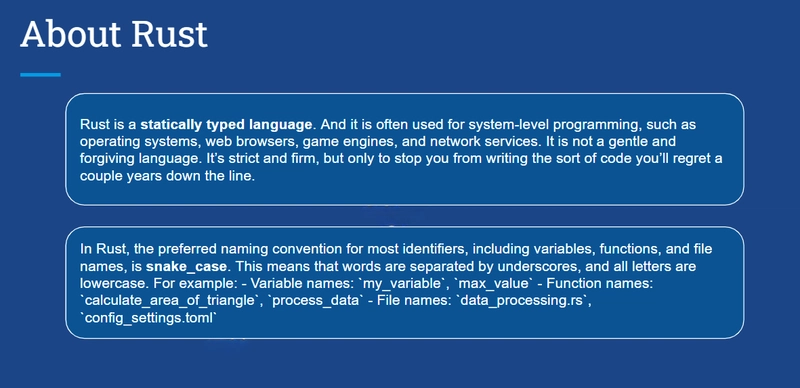
Rust is a statically typed programming language designed for system-level programming, making it ideal for building operating systems, game engines, web browsers, and network services. It stands out because of its strict rules that prevent errors and ensure safe memory management, which is critical for high-performance software.
What Makes Rust Special?
Safety First: Rust eliminates common bugs like null pointer dereferencing and data races, ensuring your code is reliable.
Performance: Rust delivers speed comparable to C and C++, making it perfect for resource-intensive applications.
Modern Features: With features like ownership and borrowing, Rust simplifies memory management without compromising efficiency.
Naming Conventions in Rust
Rust uses snake_case for naming variables, functions, and file names:
Variable examples: my_variable, max_value
Function examples: calculate_area_of_triangle, process_data
File examples: data_processing.rs, config_settings.toml
This standardized approach makes code easy to read and maintain.
Why Choose Rust?
Rust might feel strict at first, but this discipline helps you write code you'll be proud of years later. Whether you're developing system software or high-performance applications, Rust empowers you to create robust and efficient solutions.
Start your journey with Rust today—it’s not just a language; it’s a better way to program!



_Andrew_Angelov_Alamy.jpg?#)




























































![Apple Watch Series 10 Prototype with Mystery Sensor Surfaces [Images]](https://www.iclarified.com/images/news/96892/96892/96892-640.jpg)

![Get Up to 69% Off Anker and Eufy Products on Final Day of Amazon's Big Spring Sale [Deal]](https://www.iclarified.com/images/news/96888/96888/96888-640.jpg)
![Apple Officially Releases macOS Sequoia 15.4 [Download]](https://www.iclarified.com/images/news/96887/96887/96887-640.jpg)






























![watchOS 11.4 was briefly available, and was pulled by Apple [u]](https://photos5.appleinsider.com/gallery/60061-123253-watchOS-11-on-Apple-Watch-Ultra-xl.jpg)




























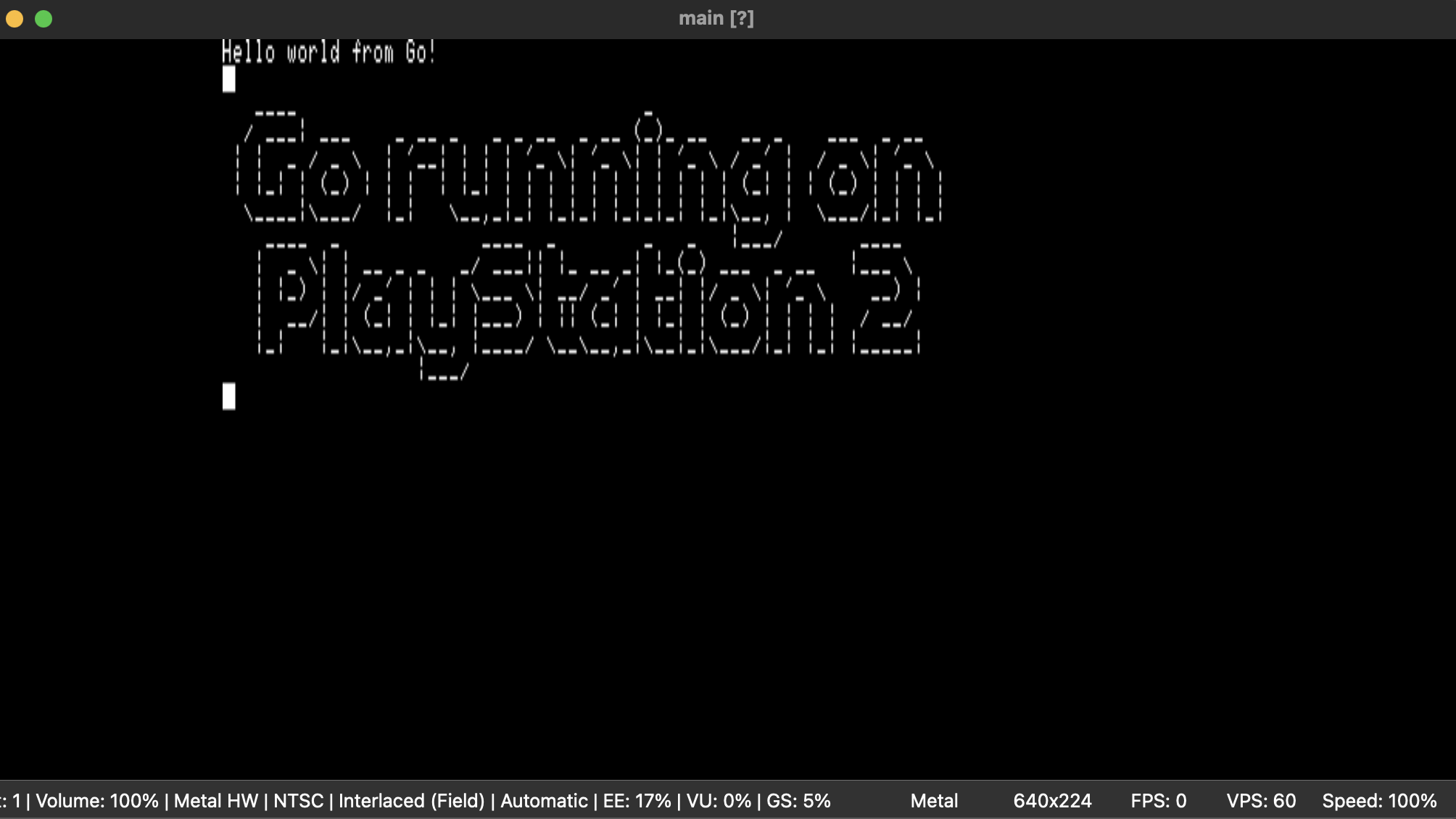


















































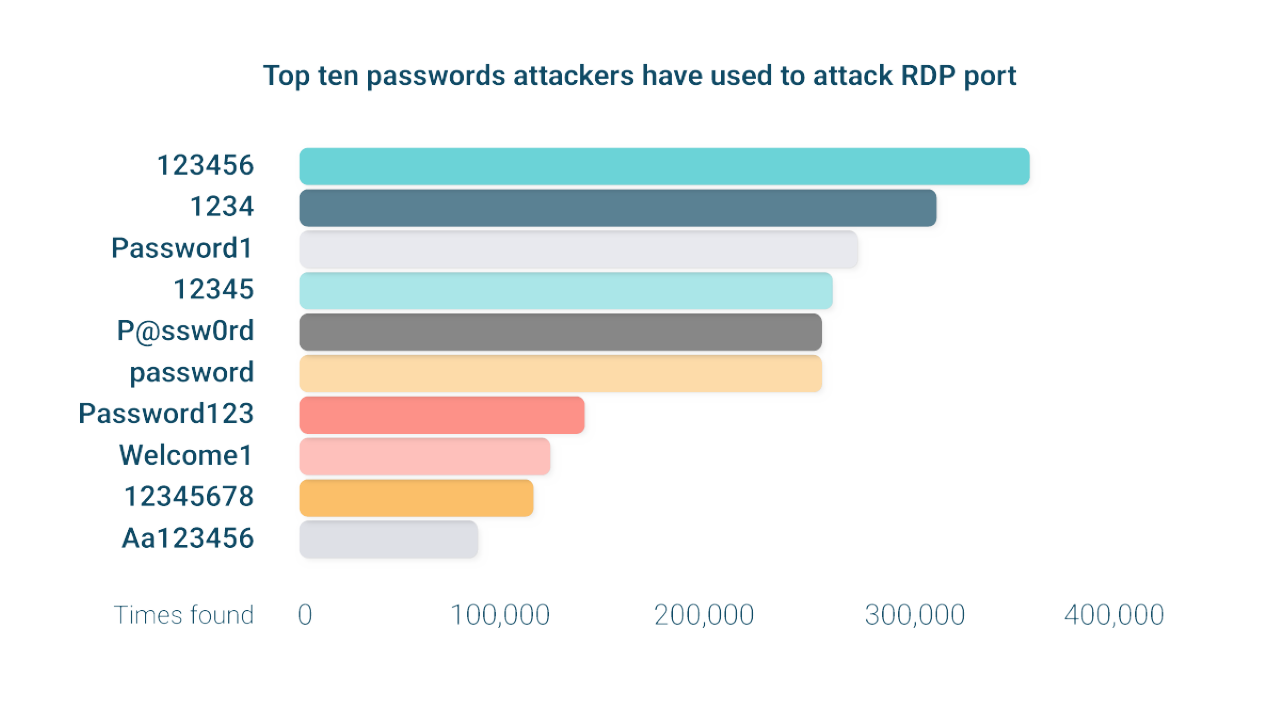








































































![[The AI Show Episode 142]: ChatGPT’s New Image Generator, Studio Ghibli Craze and Backlash, Gemini 2.5, OpenAI Academy, 4o Updates, Vibe Marketing & xAI Acquires X](https://www.marketingaiinstitute.com/hubfs/ep%20142%20cover.png)























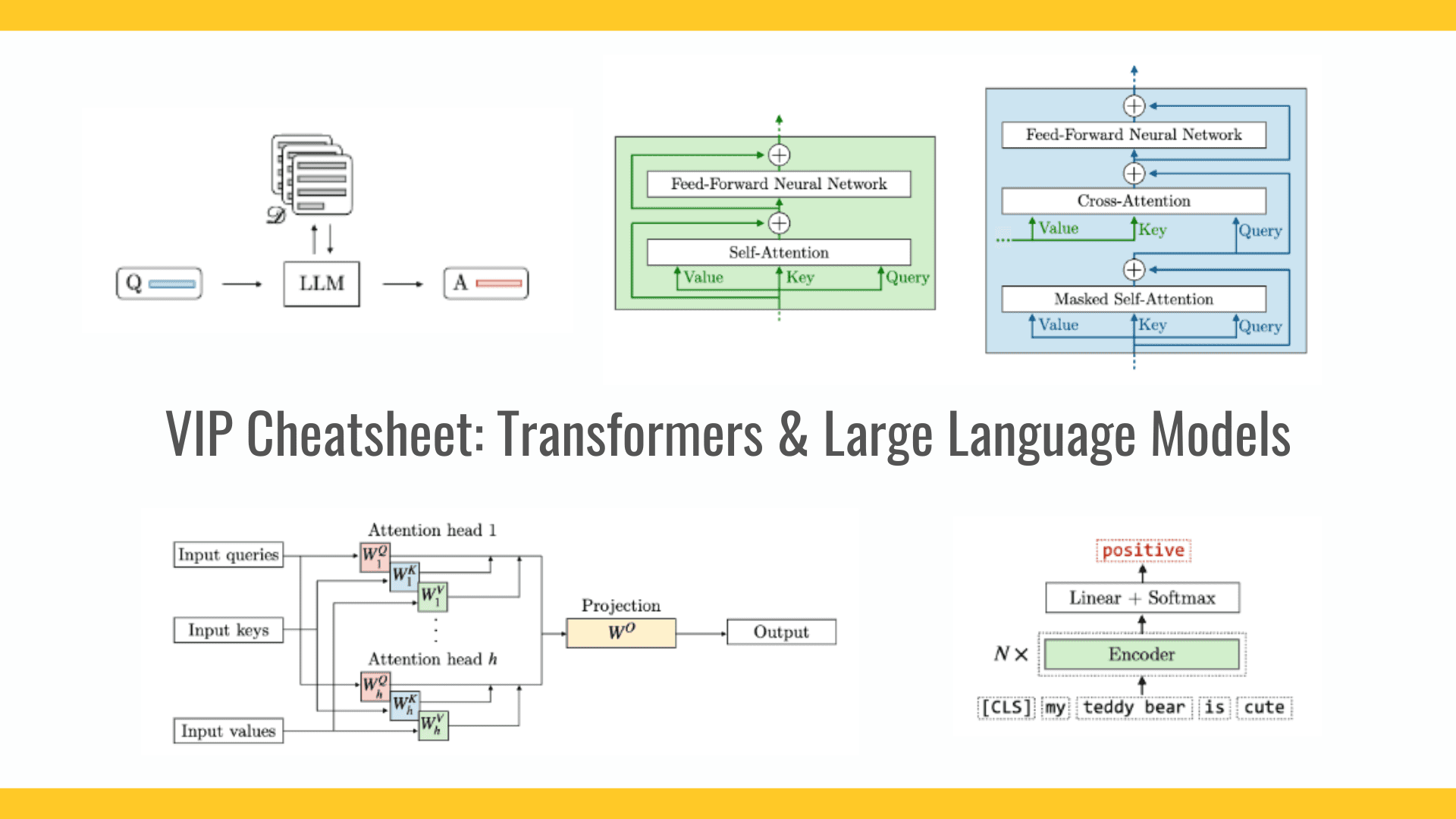
































































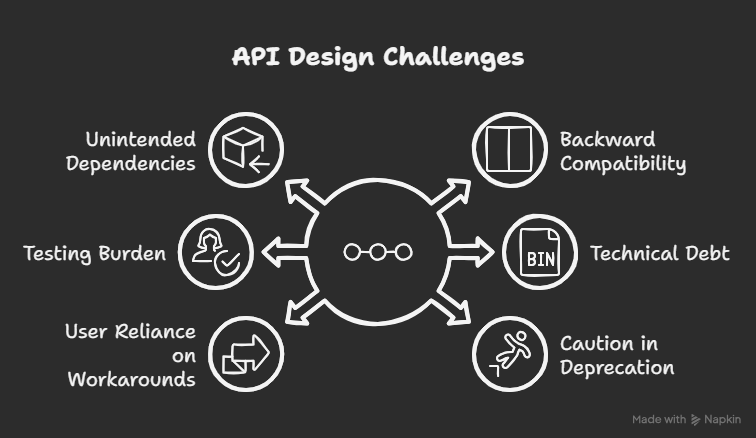

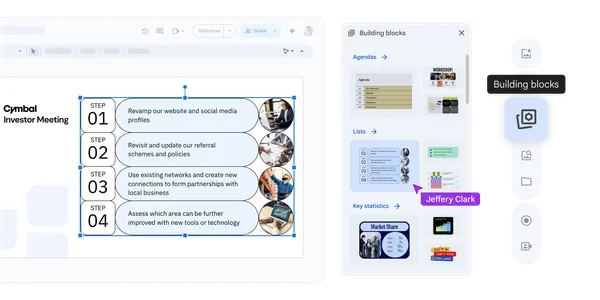

















![Is this a suitable approach to architect a flutter app? [closed]](https://i.sstatic.net/4hMHGb1L.png)

















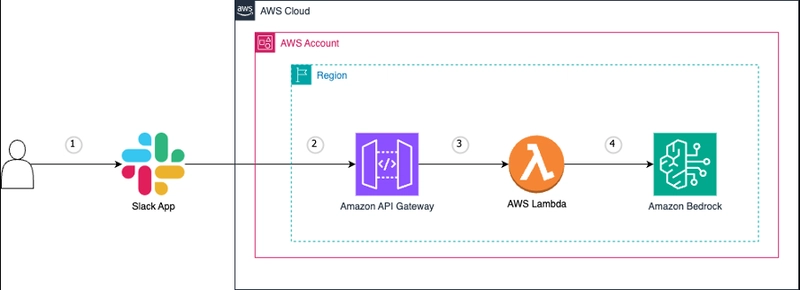
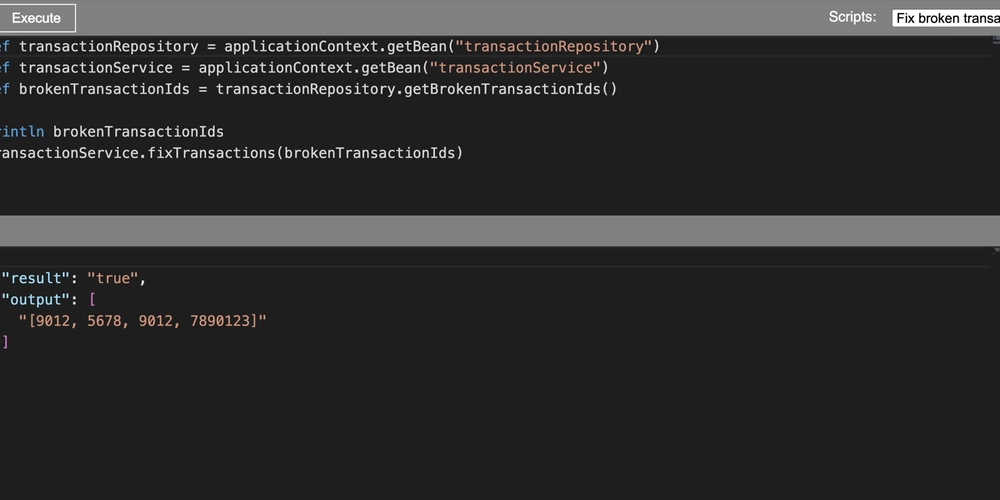

![From broke musician to working dev. How college drop-out Ryan Furrer taught himself to code [Podcast #166]](https://cdn.hashnode.com/res/hashnode/image/upload/v1743189826063/2080cde4-6fc0-46fb-b98d-b3d59841e8c4.png?#)





























-1280x720.jpg?width=1920&height=1920&fit=bounds&quality=80&format=jpg&auto=webp#)






















































